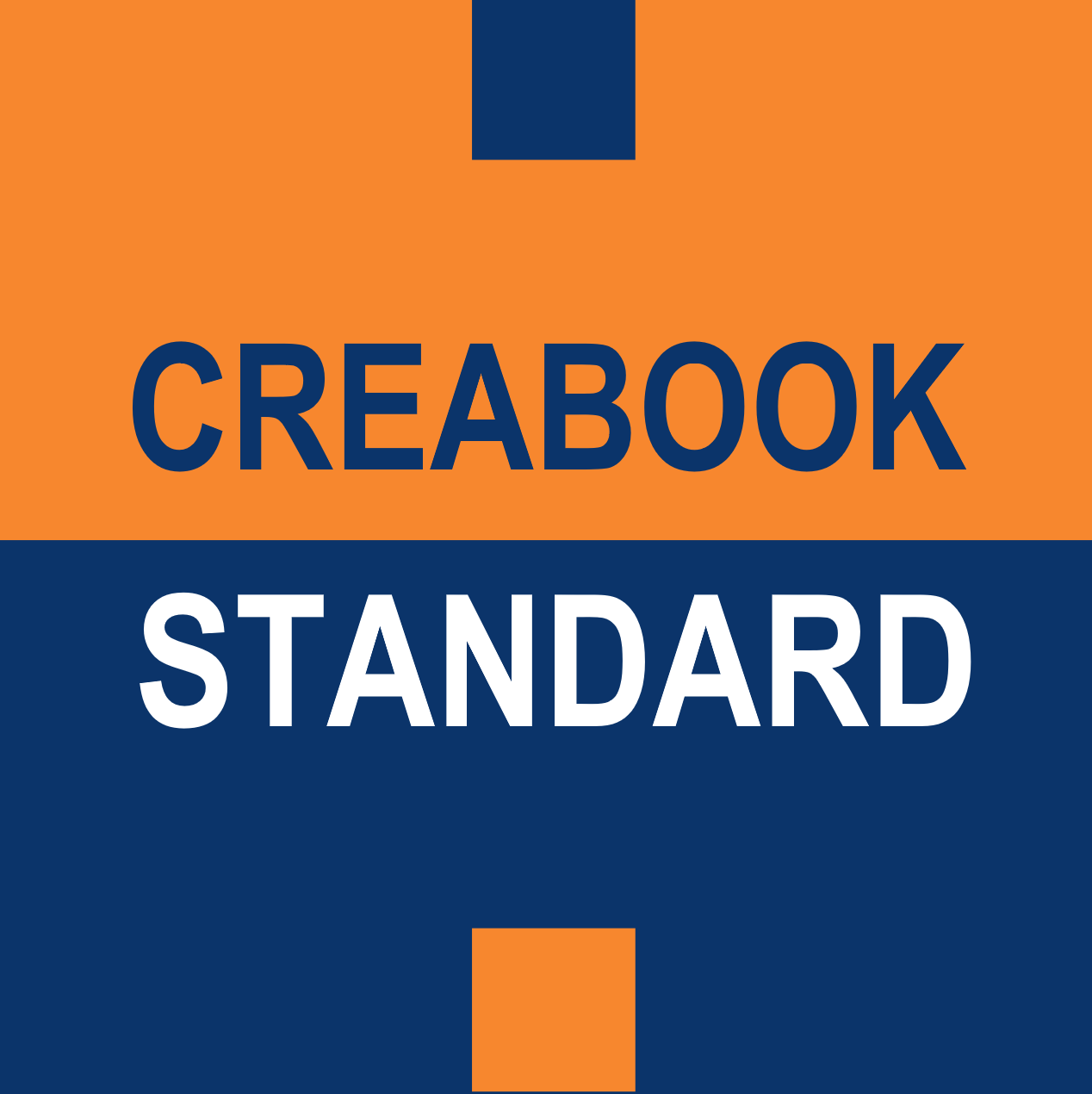In the mid-16th century, Rabelais wrote: “Science without conscience is but the ruin of the soul.” Had creators been able to put this adage into practice and preserve the ethical integrity of their creations, the industrial revolution might not have caused the environmental damage it inflicted. Today, this moral right is recognized for creators, and the CreaFREE and CreaCORN Standards aim to empower them to uphold it with the assistance of citizens.
While the Creator cannot be held responsible for the misconduct of all their licensees, they have a duty as the guardian of their creation to take measures to protect its ethical integrity. These measures include providing information, guidelines, sharing best practices, offering training, and fostering continuous improvement – all of which we will explore together in this chapter.
The three main ethical challenges addressed are:
Reliability: Ensuring no breakdowns, maintaining consistency, and promoting durability.
Safety: Prioritizing health, preventing injuries, ensuring reliability, and considering ergonomics.
Ecology: Addressing climate change, promoting low consumption, utilizing renewable energy, embracing sustainable development, encouraging recycling, preventing pollution, and considering the broader ecological impact.
Regardless of whether you have an existing ethical charter, you can still register your CreaBOOK in the global register of creations. However, to benefit from the support provided under the CreaCORN framework, obtain various certificates, and enjoy the advantages reserved for members of the CreaFREE ecosystem, this step is a mandatory prerequisite.
If you don’t feel immediately concerned, you can proceed to chapter 5. Otherwise, read the following section to review the CreaCORN ethical charter and understand what is expected of you.
